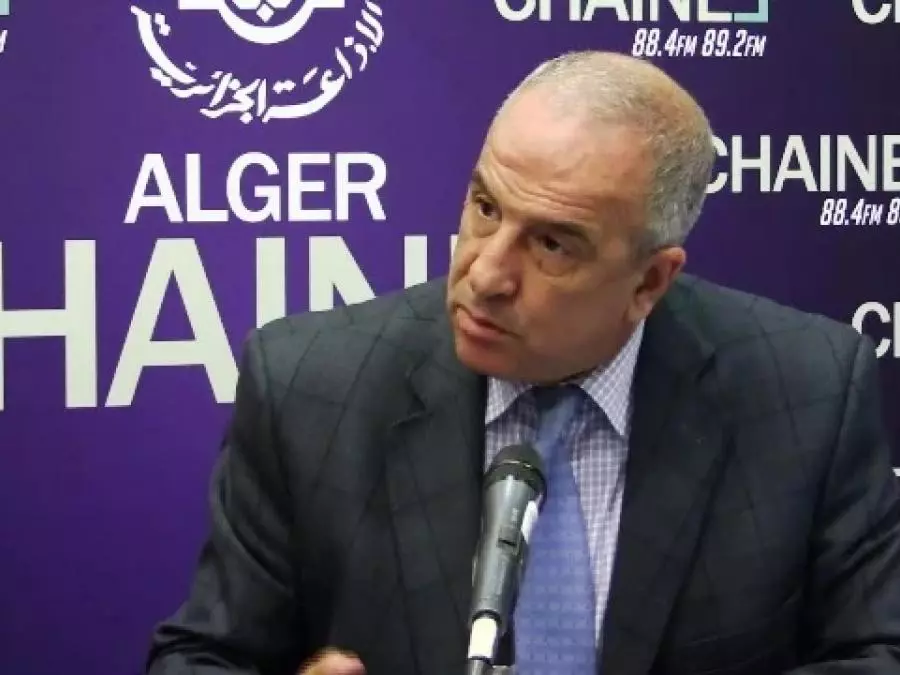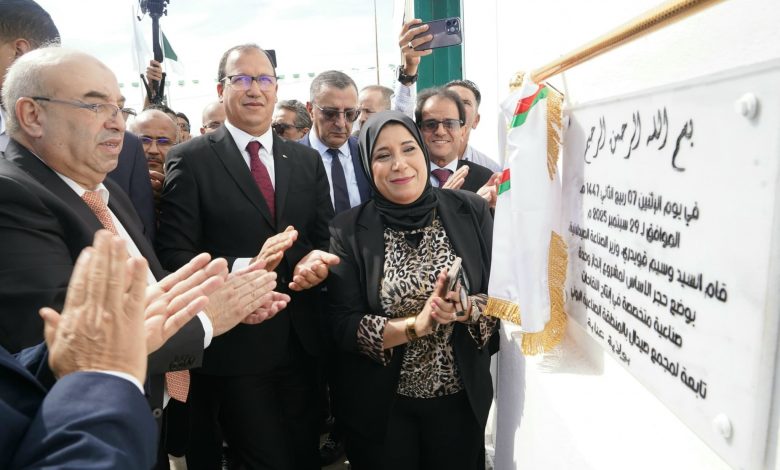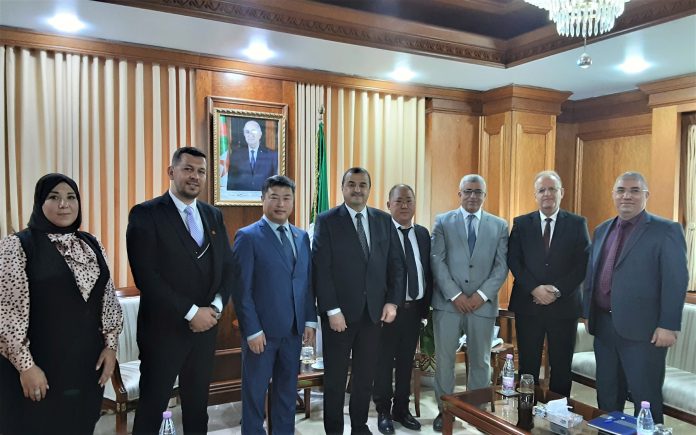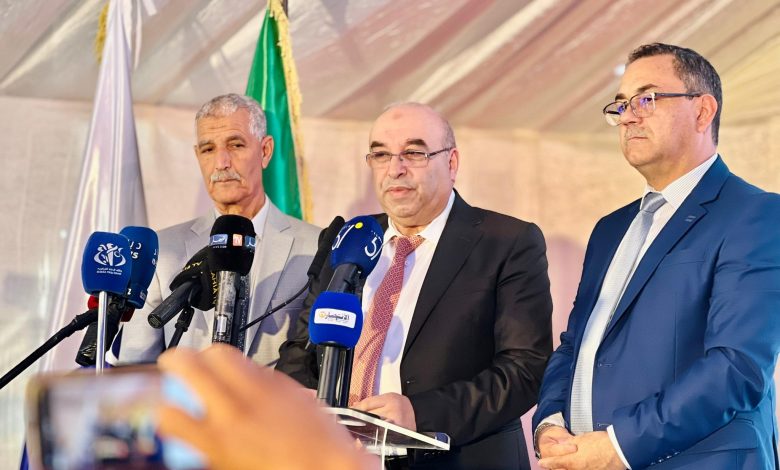| Discover Algeria | About us | Press area | Contact |
Amar Takjout: “We need a dialogue between unions and employers to establish industry-wide agreements”.
The General Secretary of the General Union of Algerian Workers (UGTA), Amar Takjout, called this Monday on Algerian Radio for “social dialogue to become an everyday culture”.

On Monday, The General Secretary of the Union Générale des Travailleurs Algériens (UGTA) (General Union of Algerian Workers), Amar Takjout, called on Algerian Radio to “set up social dialogue as a daily culture ”.
As if to remind the President of the Republic, Abdelmadjid Tebboune, of his electoral commitments to "improving purchasing power and boosting the national economy through the reorganization of social dialogue and economic mapping", the guest speaker on "Invité de la rédaction", on Algerian Radio's Channel 3, sketched out a trade union vision of dialogue, "continually established with institutions, employers' organizations and political parties".
Relaunch social dialogue at the source
“There is a need to establish this culture between people to better identify problems, better understand them and better manage them in society”, he says, adding that ‘apart from social dialogue, we can't go any further’.
He adds “Social dialogue, which is also synonymous with working together, is a tool to get everyone working and thinking collectively”.
To achieve this, we need to recreate all the spaces for discussion, exchange, and competition of ideas. “That's where we can solve problems, find solutions and create projects while reorganizing the priorities of everyday economic and social issues”, he believes.
UGTA's S.G. believes that this dialogue must necessarily involve gateways such as political parties to engage in political discussions, trade unions for socio-economic issues, and associations to discuss matters of common interest.
Regretting the absence of the union commitment of yesteryear, the speaker reminds that the unions - stricken by lethargy - are out of the political picture, and this, he says, is “a major project to be reopened under the auspices of Algerian experts who have the skills to help people understand today's issues, by teaching them through meetings, assemblies and seminars”.
Likewise, for the university, the speaker deems it “inconceivable that the Algerian university should not discuss the political question, whereas students must jointly discuss matters of society and the country's future”.
Expectations and promises
Returning to the presidential pledges, Mr. Takjout believes that “improving purchasing power cannot be achieved without involving workers in wealth creation”.
Today,” he says, “the boss must stop faking and the workers must stop pretending to work. Everyone must get down to work to create wealth, which in turn improves living standards.
In his opinion, governments and workers are called upon “to respect their commitments”. “If one of both parties fails to do so, they won't get far”, he asserts, pointing out that increasing wages without creating wealth “also means creating inflation, which will stifle purchasing power”.
Hence the idea of a new trade union vision advocated by the UGTA, stipulating that "unionists change their mentality” and that “unionists do their work where they are”.
“It's the company union that's supposed to find solutions with its employer. It's the federation that must find solutions within the business line. The public authorities are also required to organize employers' federations”, explains the speaker, because ‘there are none’, according to him.
Reinstate industry-wide agreements
Arguing in favour of industry-wide agreements, he suggests that “the union should initiate discussions with these employers “organizations to establish these industry-wide employers” confederations, to reach the necessary industry-wide agreements, without which we would be faced with economic dumping”.
“Without these agreements, we may never organize our economy, and without employers' industry federations, we'll never have an economic map of the country”, he warns, enjoining that “this mapping won't be done by digitization alone, but also by the business organization”.
Unlike employers, he announced that “this branch mapping has already been done, at UGTA”, calling for “a union-management dialogue” to establish the necessary agreements to improve purchasing power.





















